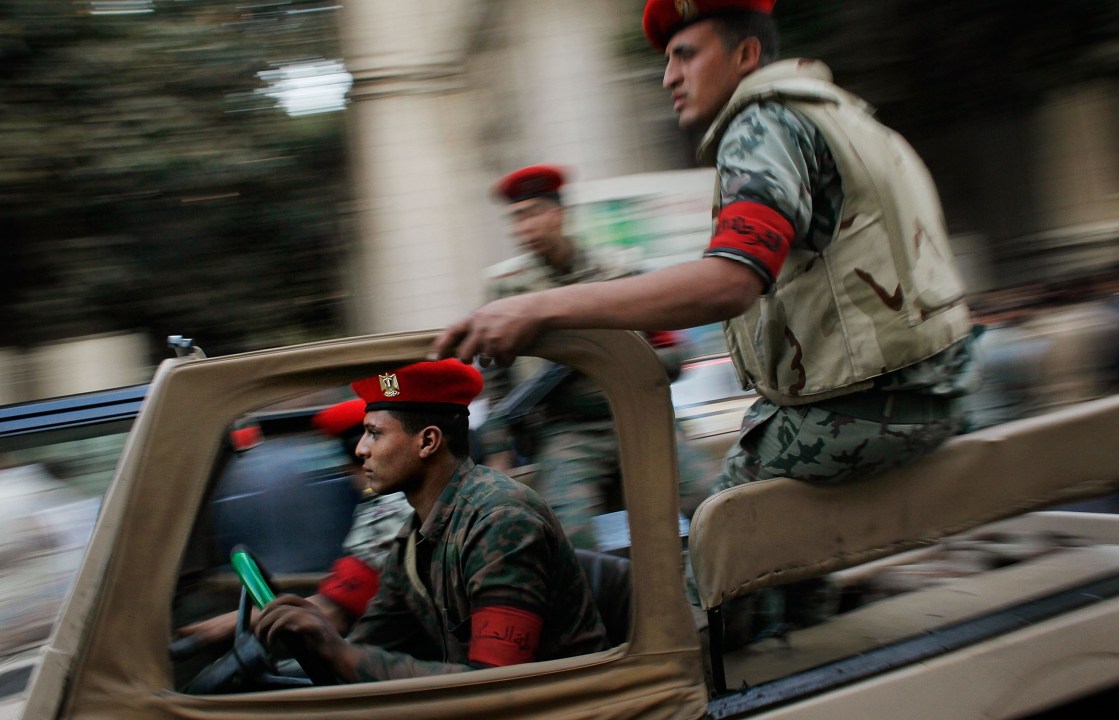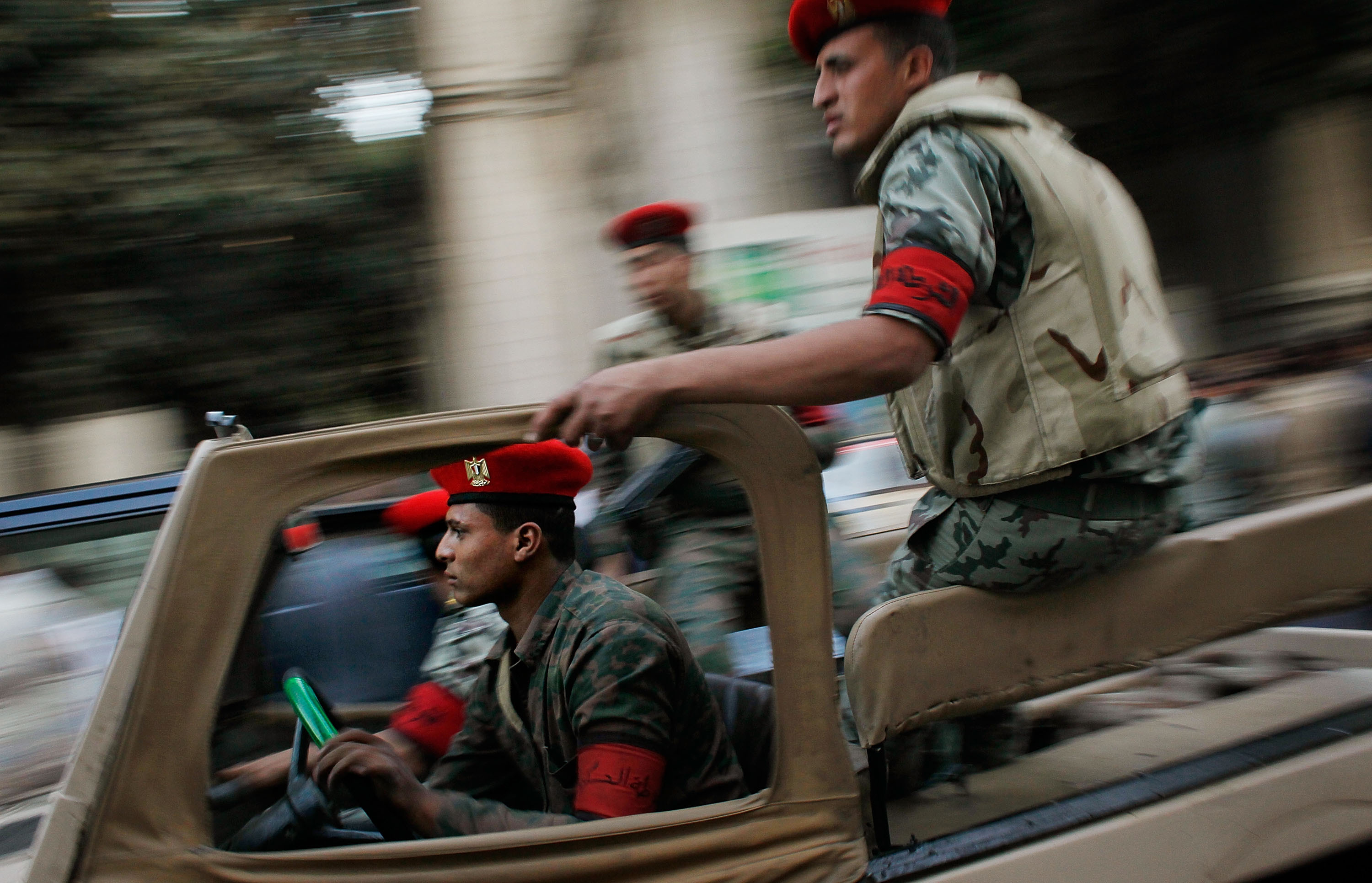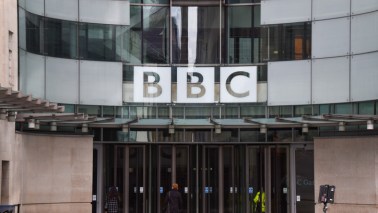 Driving through post-revolution Cairo at night is eerie. The
normally busy streets are deserted, most of the city’s squares and roads are blocked by military checkpoints, and dark clad figures slip in and out of the shadows. Breaking the curfew may
result in a six month sentence, or worse. Come dawn, however, the city springs to life, looking like it has done for millennia — busy, noisy, lively.
Driving through post-revolution Cairo at night is eerie. The
normally busy streets are deserted, most of the city’s squares and roads are blocked by military checkpoints, and dark clad figures slip in and out of the shadows. Breaking the curfew may
result in a six month sentence, or worse. Come dawn, however, the city springs to life, looking like it has done for millennia — busy, noisy, lively.
This tale of two cities — one cowered, quiet and run by the military, and another that is lively, chaotic and civilian — is perhaps a tale not only of Cairo, but of Egypt in the midst of an ongoing transition. For though Hosni Mubarak has gone, the military underpinnings of his 30-odd year regime are more powerful than ever before.
With the police having melted away, the military has added their role to the ones it had before. What role they will eventually play, remains to be seen. Some say they are keen to go back to their barracks and their considerable business holdings. Others swear they want to stay in power.
Nor is the future role of the Muslim Brotherhood certain. Some say early elections will benefit them, as they are already well-organised; others claim that a quick sequence could in fact bring fissures to the fore.
I’m in Cairo on a short visit to find out what is likely to happen in the coming months — and what the West should (and should not) do. For no matter what happens in Syria, Tunisia and even Libya, the fate of Egypt may be one if the most important factors in determining the future of the Middle East.







Comments